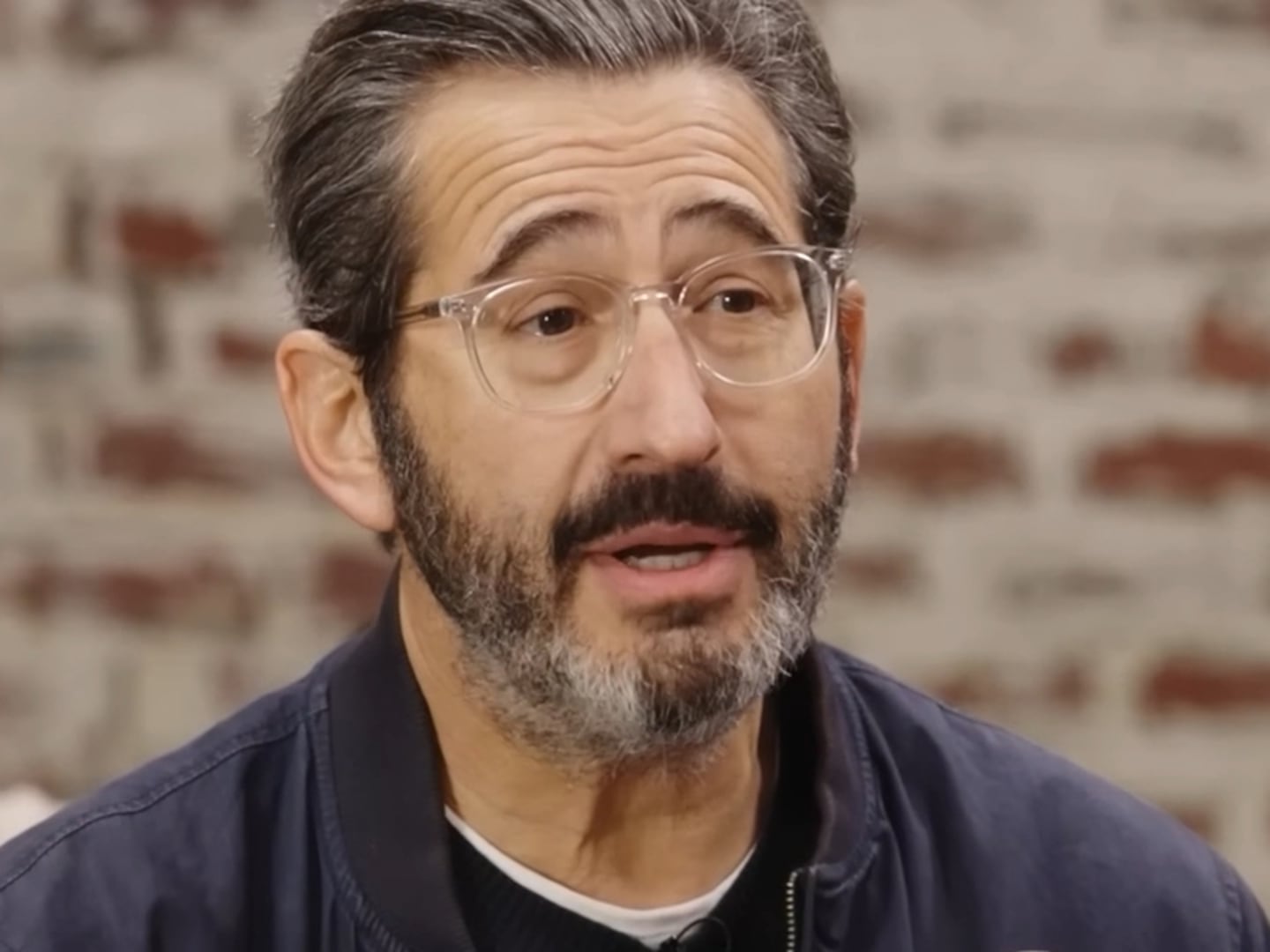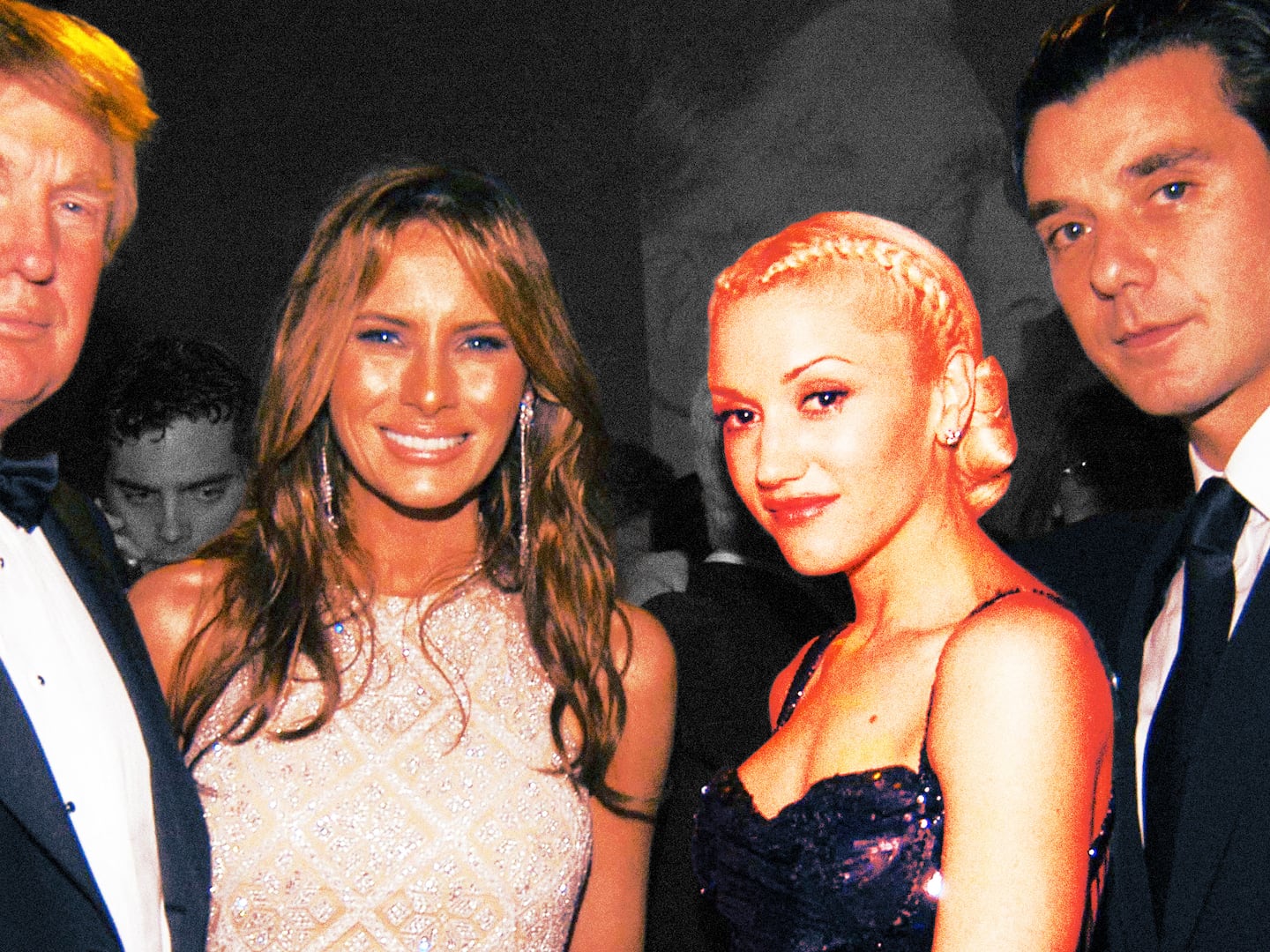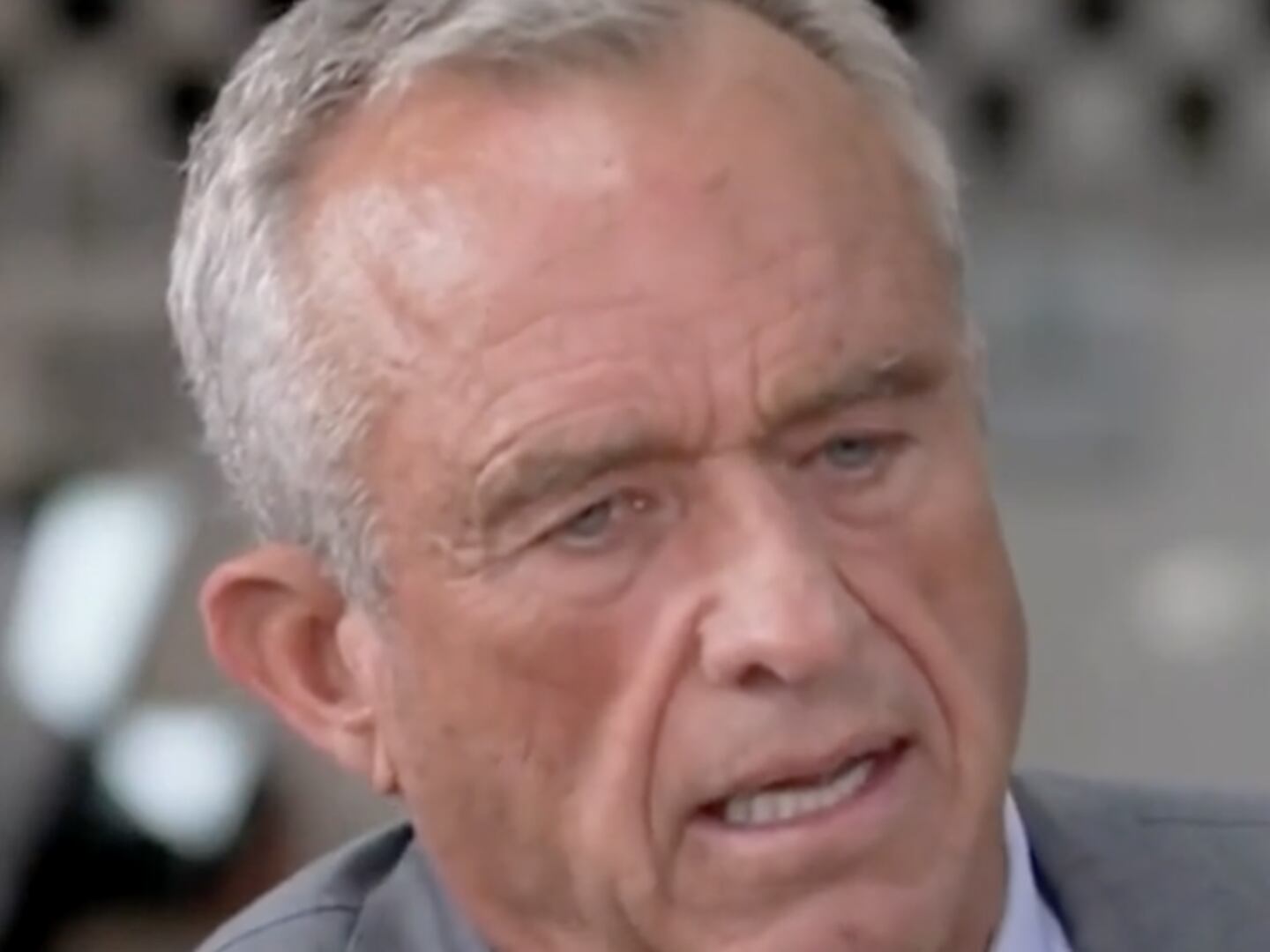Opinion
Photo Illustration by Luis G. Rendon/The Daily Beast/Getty Images
Supreme Court to MAGA: Your Social Media Conspiracy Dreams Are Bunk
WOMP WOMP
The Intellectual Dark Web’s twisted “Twitter Files” fantasy has ended with a thud.
opinion

Trending Now




